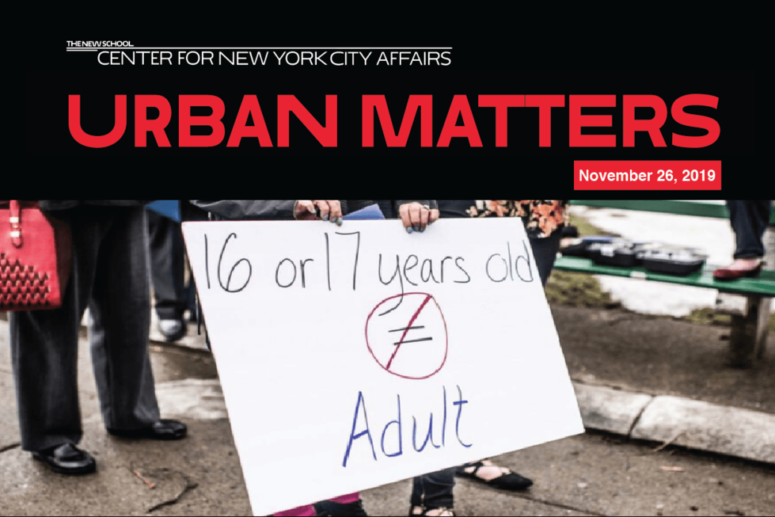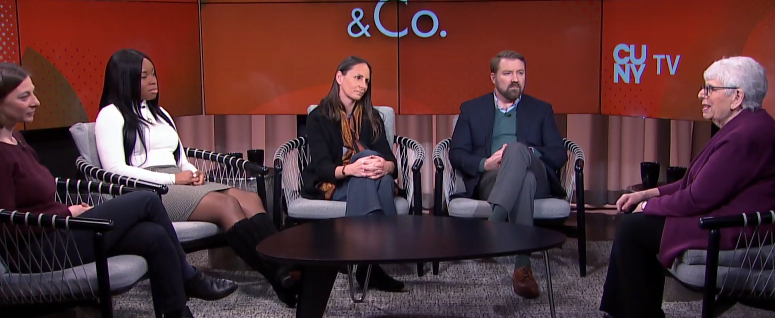What happens when community advocates, activists, service providers and young people impacted by the criminal justice system decide to go visit Family Court and see what’s really happening?
In November, we spent two days with such a group, working with the Center for Community Alternatives in Syracuse. First, we briefed attendees on Raise the Age, the new law that ends the presumptive prosecution of all 16- and 17-year-olds as adults in New York. We took apart its components, reflecting on what each piece would mean for youth and families. We talked about how the system has changed, and how it hasn’t, sharing experiences from our personal and professional histories.
We outlined some of our concerns: would 16- and 17-year-olds be treated like the adolescents they really are? Would courts support children who were struggling in the ways they need? Were older teenagers being treated differently in Family Court than younger kids? For adolescents who remained in the Youth Part of the adult Criminal Court, was the adult system responsive to their developmental needs?
Then, we gathered our notebooks and got ready to go to court.
We visited the Family Court and the Youth Part of Criminal Court in Syracuse, spending a few hours observing children navigating the new court system under Raise the Age. It was, as many of us reflected, an experience that triggered mixed emotions.
Some of us felt good, happy to see that now, under Raise the Age, many young people were having their cases heard in family court. We saw the lawyers and the judge working hard to make sure young people had a safe place to live, access to the services they needed, and some encouragement for their hard work to move forward.
We also struggled with the pain we saw, like a 16-year-old girl, in handcuffs and crying, with no family member present to take her home. We heard about how hard it is for older teenagers to get mental and behavioral health services. We learned about the challenges many adolescents face trying to find appropriate and healing places to live if they can’t stay at home.
Over the next months, across the state, the Raise the Age NY campaign and its partners will continue court watching, collecting data and recording observations from the lived experiences of children and families in the youth justice system. We are using this as an opportunity to deepen our own understanding of how the law is being utilized, to build up our skills to advocate for further reform, to identify ways that Raise the Age is working well, and where we may need to make changes. This work will help us share stories about how the children and families are experiencing the law in ways that statistics just can’t. The insight that impacted-people bring to this inquiry will lend us valuable feedback from the populations we aim to serve.
Colleagues, advocates, and activists who have been impacted by the justice system will have opportunities to bring their lived experience and expertise to the work. By considering all the levels, from policy work in Albany, to the testimony of children within the courts, we can continue to work for better outcomes for young people in the justice system and their communities.


